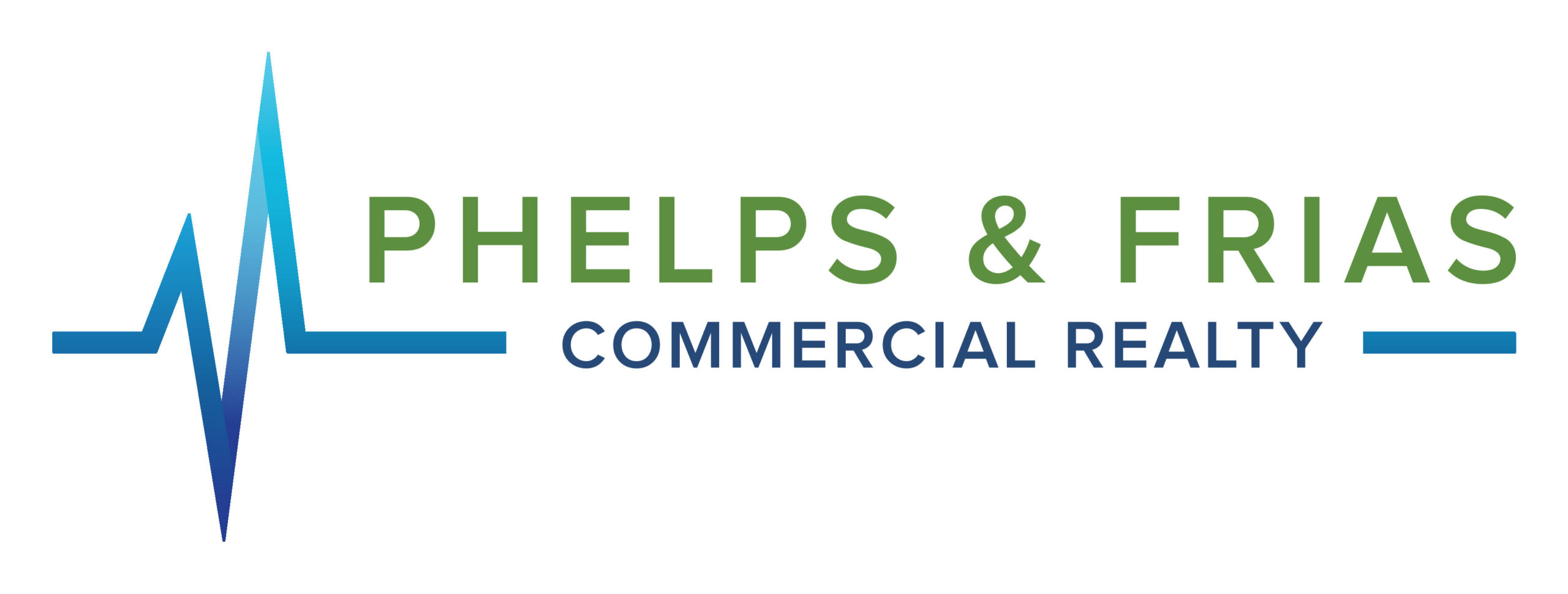LEASE REQUIREMENTS UNIQUE TO MEDICAL PROFESSIONALS
Owning your own business requires that you be willing to negotiate and compromise on a lot of things. No one gets anywhere by being too stuck in their demands, but you’ve also got to hold tight to the things that are important to you. As a doctor, dentist or veterinarian, your specialty isn’t in contract negotiations. Despite this fact, you may still be required to compromise and negotiate with your landlord in order to set up lease terms that allow you to meet the goals of your business.
Your lease rates may only be negotiable in a narrow range, but this doesn’t mean you can’t negotiate the conditions and terms in your lease. These terms often become more important than the lease rate because they directly affect your day to day operations and productivity. While market conditions and competition will be mostly responsible for setting your commercial lease rates, there are areas where you are able to negotiate with your landlord.
Your main goal during lease negotiations should be to protect your assets and limit your obligations and liabilities with the terms and conditions in your agreement. Consider the following provisions to your contract in order to meet this goal.
CHANGES IN OWNERSHIP
Some medical commercial lease agreements will limit the business owner’s ability to transfer any type of management or ownership to another person. While the landlord’s concerns may be valid, a viable alternative is to stipulate that any control changes of up to 49% of the company’s stock can be done without the landlord’s approval. Along with this stipulation, tenants can specify that with any change, concessions will be made to ensure that the landlord’s credit position remains stable.
TENANT GUARANTEES
Some landlords may ask that you pay your entire lease amount up front in order to sidestep the risks of your dental, medical or veterinarian practice vacating the premises before your lease is up. Coming up with this kind of capital can seriously affect your ability to borrow money for your start up costs.
Compromise can be made when the tenant agrees to pay the full amount of the out of pocket costs to the landlord, but not the landlord’s profits over the terms of the lease agreement.
RELOCATION CLAUSE
A relocation clause allows your landlord to relocate your entire business at any time during the course of your lease agreement, although the landlord is required to pay moving costs. Unfortunately, loss of productivity costs are not factored in, so tenants may want to completely remove this clause from the agreement if possible.
If the landlord insists on the clause, tenants may want to negotiate a fixed lump sum damage provision in the case of relocation by the landlord.
CONTESTED CLAIMS
If you plan to make any upgrades or changes to your space, beware of the contested claims clause. This clause requires you to pay all contractor fees regardless of whether the work was done correctly or on time. Once you’ve paid, you have the option to sue the contractor to recover your money.
In these cases, landlords are hoping to avoid any liens being placed on the property. Tenants may want to negotiate the right to offer a payment from an approved bonding company that gives you time to contest the claims without losing control of your money.
CONTACT A PROFESSIONAL
Before you sign your lease, it’s important to remember than any contract between you and your landlord will be referred back to the lease agreement. In order to protect your business and livelihood, the professionals at Phelps & Frias Commercial Realty can negotiate and review your contract before you put your money on the line. We have extensive experience in helping medical, dental, veterinary and optometrist practices find and secure prime locations.


